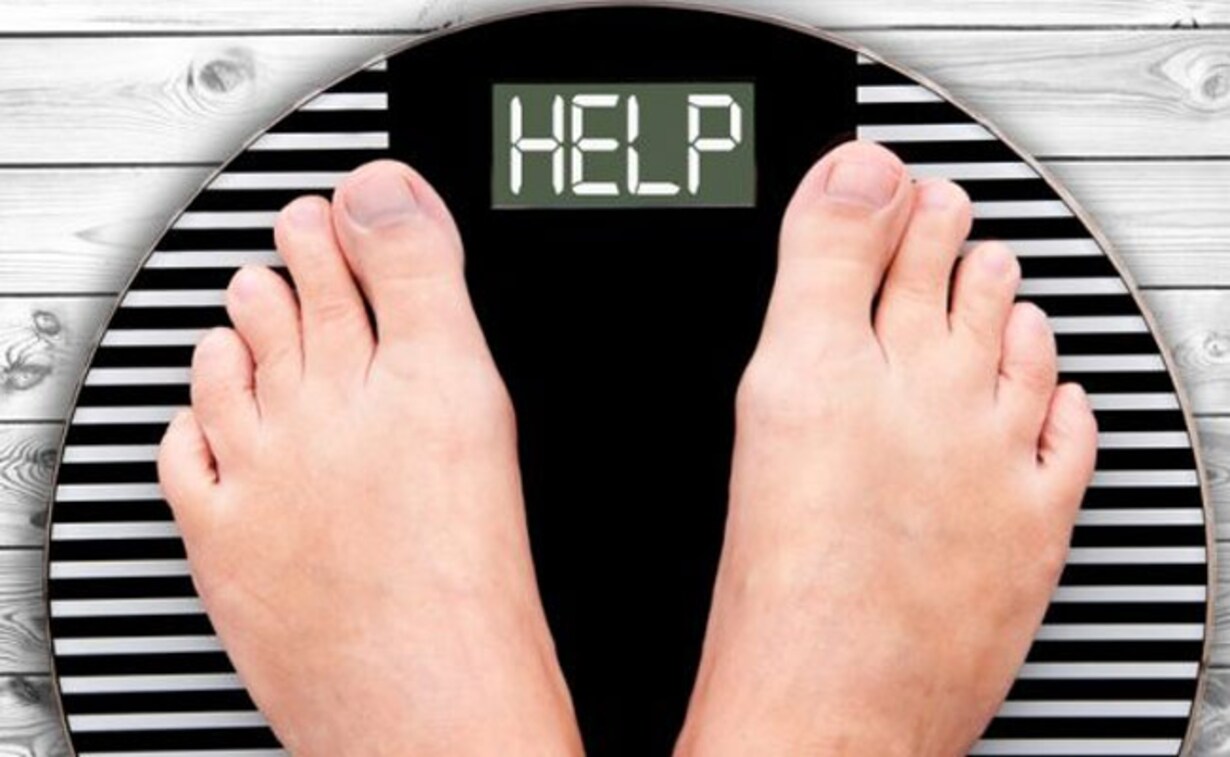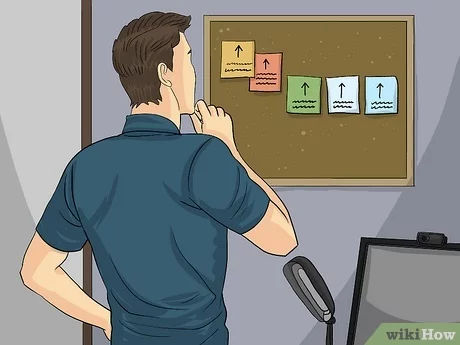Even if the body is not a physical clock, it has an inner clock that operates every 24 hours. It keeps the body running according to schedule. this circadian pattern. It helps your body to adapt to changes in the environment, sleep and eating behavior.
What you eat can clearly affect your body. It is obvious. But you can have an impact while you feed. The timing of meals and snacks will influence:
- metabolic regulation
- body weight maintenance
- obesity-related chronic disorder
- the sleeping cycle
Read on to see what science says and how circadian cycles and eating habits impact each other.
What time should I eat?
It can be frustrating when trying to find the best time to eat as experts look for answers. A study found that Trusted Source indicated a less weight loss in late food eaters (after 3 p.m.). The weight loss between snacks and lunch was also no different. Limiting your eating to 6 a.m. Till 7 p.m. According to another report, it can reduce the total calorie intake by 244. This is most definitely because you eat fewer calories because you spend less food. A longer overnight speed can also help increase fat loss because the body has time to reach a ketosis stage, which ensures the body uses fat for energy.
What about breakfast?
Research indicates mixed results in relation to the importance of breakfast to weight loss. A trial found that the diets and impulsive snacks of the people who ate breakfast reduced intake. The study found that people with more calories did not need to consume anything during the day at breakfast. From the daily intake, breakfast trends play a smaller part than after a meal.
The United States Department of Agriculture advises that individuals have a nutrient-rich breakfast after evaluating research on the effect of breakfast on weight to aid in weight management and to increase the consumption of nutrients in general.



